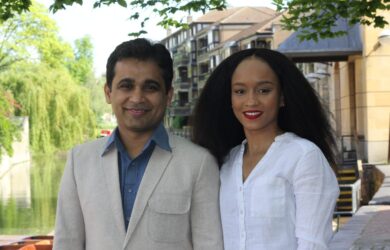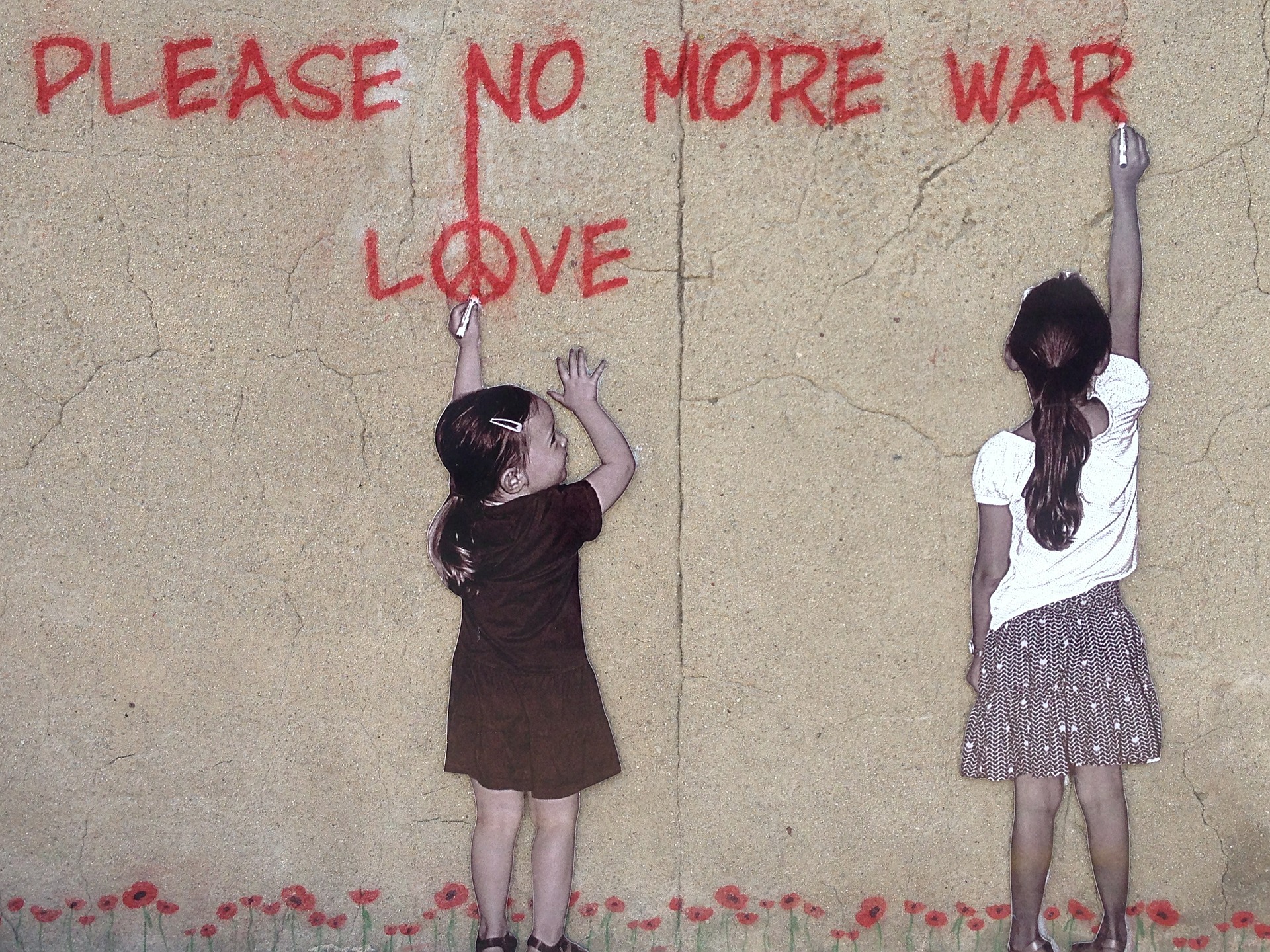
Four Gates Cambridge Scholars are taking part in this year's Cambridge Festival of Ideas.
Several Gates Cambridge Scholars are taking part in this year's Cambridge Festival of Ideas which starts next week.
The Festival runs from 14th to 27th October and celebrates the Arts, Humanities and Social Sciences with over 270, mostly free, events. This year's theme is change and participants include feminist campaigner Caroline Criado-Perez, MPs David Lammy and Ed Miliband and the former Archbishop of Canterbury Rowan Williams.
Gates Cambridge Scholars taking part include:
– Alice Musabende who will be participating in the panel discussion Is it possible to forgive and forget after major national traumas on 22nd October, 6-7.30pm in the Old Divinity School, St John's College.
Alice [2016], who is doing a PhD in the Department of Politics and International Studies [POLIS], will talk about the way Burundi appeared to be a peacekeeping success story in 2005 following democratic presidential elections. However, events on the ground in 2015 which led to gun battles in the streets of the capital showed how fragile that peace was. Alice, who is from Rwanda, will argue a need to rethink post conflict situations. She will ask what post conflict is, when do conflicts end and whether we need to focus less on the process of peacemaking and more on what is happening on the ground every day in order to confront the underlying issues that caused the conflict in the first place.
Other panelists include Dr Hanno Balz, a historian of Modern German and European History at the University of Cambridge, and John Nilsson-Wright, Fuji Bank University Senior Lecturer in Modern Japanese Politics and International Relations at the University of Cambridge, and Catherine Jenkins, a Law lecturer at the School of Oriental and African Studies where she is Chair of the Centre for Law & Conflict. The event will be chaired by Devon Curtis, a University Senior Lecturer in the Department of Politics and International Studies whose main research interests and publications deal with power-sharing and governance arrangements following conflict, UN peacebuilding, non-state armed movements in Africa, and critical perspectives on conflict, peacebuilding, and development.
– Leor Zmigrod [2016] who will speak about her research on how our brains operate can shed light on our political beliefs and identities in the panel discussion What do our brains tell us about who we are? on 18th October, 6-7.30pm at the John Fisher Building, St John's College.
Leor, who is doing a PhD in Psychology, will examine how neuroscience and cognitive science can help us understand phenomena such as Brexit, fake news and radicalisation, and why that can help us build more tolerant communities and societies. Other panelists are Professor Gina Rippon, author of The Gendered Brain, David Halpern, Chief Executive of the Behavioural Insights Team, the Government's so-called nudge unit, and Grant Bartley, editor of Philosophy Now. The event will be chaired by the freelance philosopher Nigel Warburton.
– Ella McPherson who is in conversation with Chris Stokel-Walker, author of Youtubers: How YouTube shook up TV and created a new generation of stars on 19th October, from 1-2pm in the Law Faculty. Ella [2004], who did a PhD in Social and Political Science, is a Lecturer in the Sociology of New Media and Digital Technology at the University of Cambridge and Co-Director of the University's Centre of Governance and Human Rights.
– Sophie Rosenberg who is moderating a panel discussion on the US elections, entitled The 2020 Presidential Election: Ideological and Institutional Change in American Politics on 19th October at 11.30-12.30pm in the Alison Richard Building on the Sidgwick Site.
Sophie [2014], who did her PhD in Politics and International Studies, is College Lecturer and Director of Studies in Politics and International Relations at Murray Edwards College.
The panel, which includes POLIS PhD students David Talbot and Daniel Smith, will seek to address the question of whether President Trump is the cause or a symptom of ideological and institutional change in the US, will examine how recent developments in the United States are contributing to a major upheaval in its systems of political-economic governance and consider the impact on the forthcoming presidential election.
*More information on the Cambridge Festival of Ideas, including an online programme, can be found here. Picture courtesy of Pixabay.
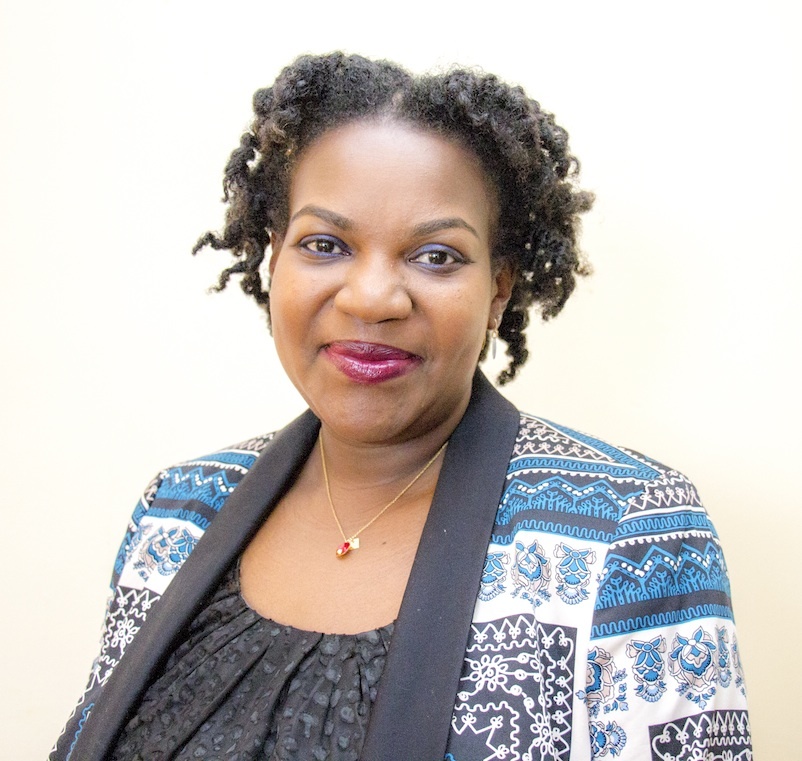
Alice Musabende
- Alumni
- Rwanda
- 2016 PhD Politics & International Stud
- Murray Edwards College (New Hall)
I was born and raised in Rwanda, and when I was 14 years old my family was killed during the Rwandan genocide against the Tutsis of 1994. Although I was too young to understand its roots, this tragedy would forever shatter my life and shape the person I would become. I graduated from Rwanda’s first School of Journalism and I hold a Master’s in Journalism from Carleton University. I have worked as a journalist in Canada’s major news organizations. I am currently completing a Master’s in International Development Studies from Dalhousie University and have previously worked as an international development worker in Rwanda. At Cambridge, I will be researching further the dynamics of peacebuilding in the context of post-conflict countries in the Great Lakes of Africa, by investigating ways through which international organizations navigate the normative crosscurrents that come with peacebuilding. Centered around the issues of democratization and democratic recognition, this research seeks to explore how international actors respond to post-conflict countries when they express a strong wish to articulate the agenda, the levers they have as well as ways in which they use them. Ultimately, I seek to contribute my perspectives as an African scholar to a better understanding of peacebuilding on the continent and in the world.
Previous Education
Carleton University
Université Nationale du Rwanda
Dalhousie University
Leor Zmigrod
- Alumni
- Netherlands
- 2016 PhD Psychology
- Downing College
A critical question that permeates history and the media of today is how and why people become radicalized. Radicalization can emerge on all sides of conflict and so is not merely a product of a particular ideology or demographic. By combining cognitive neuroscience and experimental psychology to study the psychological processes that underlie radicalization to an ideology or group, my PhD sought to address the gap in our understanding of the cognitive susceptibilities to internalizing a doctrine and becoming willing to harm and self-sacrifice for an ideological cause. Through this research, I hoped to bring a fresh perspective to questions which have been traditionally only dealt with in the social and political sciences, and thereby to shape interventional and educational programs aimed at identifying vulnerabilities to radicalization.
Links
https://www.leorzmigrod.com
https://www.linkedin.com/in/leor-zmigrod
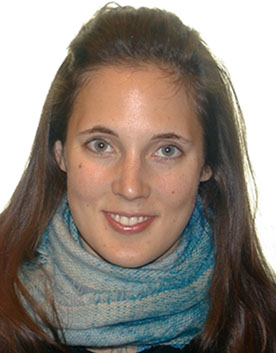
Ella McPherson
- Alumni
- United States
- 2004 PhD Social and Political Science
- Pembroke College
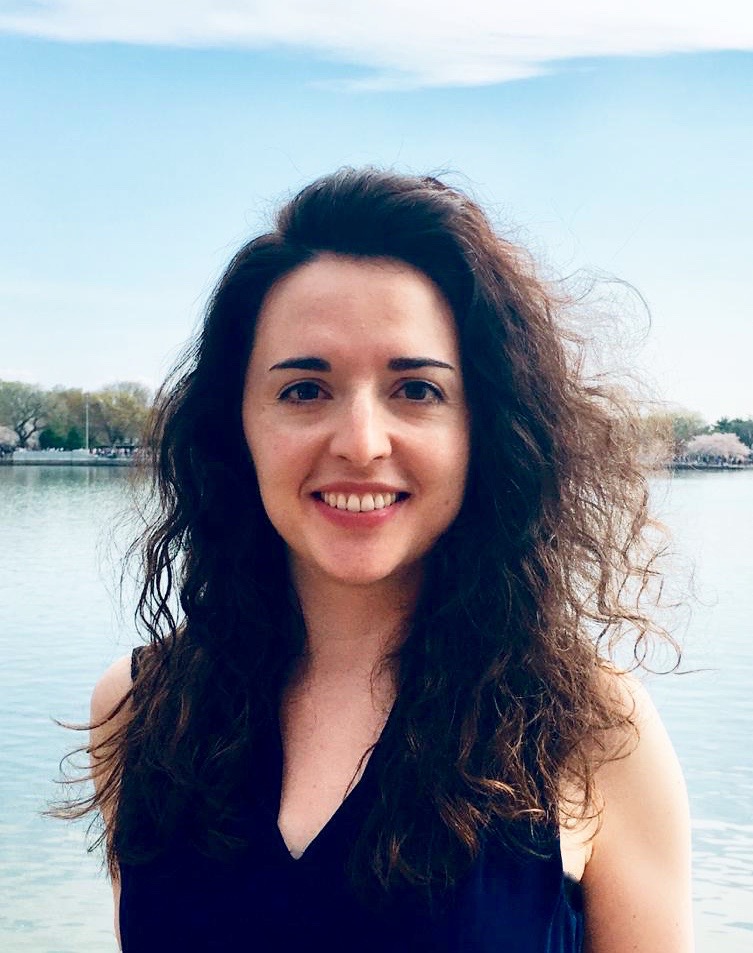
Sophie Rosenberg
- Alumni
- France
- 2014 PhD Politics and International Studies
- Darwin College











